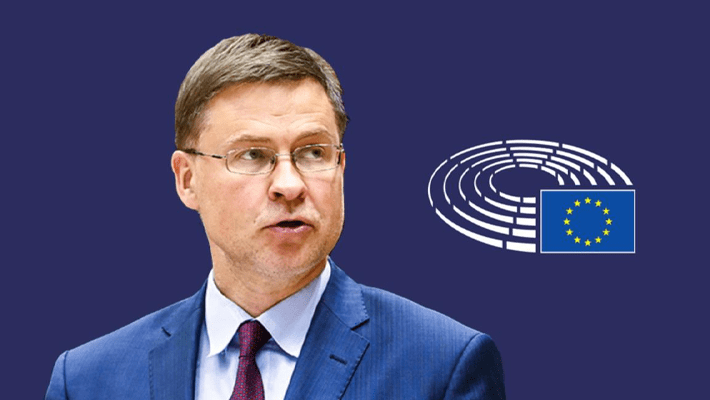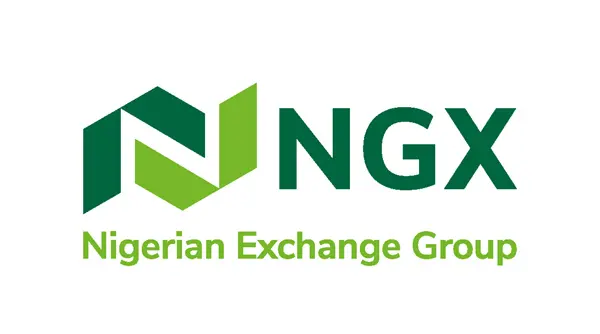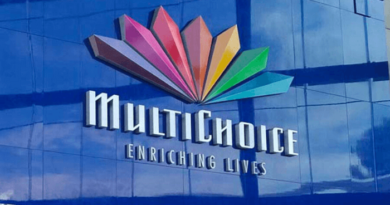EU Tightens Belt: New Trade and Investment Rules Raise Stakes for Nigerian Businesses
In a significant development, the European Commission has unveiled a series of stricter regulations governing foreign trade and investment, raising the stakes for Nigerian businesses seeking to engage with the European market.
Key Regulatory Points:
Wider Screening Regime for FDI: The European Commission introduces a broader screening regime for Foreign Direct Investment (FDI) into the EU. Sectors such as biotechnology, aerospace, robotics, and critical infrastructure will face increased scrutiny. Nigerian companies operating in these areas may encounter stricter due diligence procedures and potential limitations on market access.
Uniform EU Controls on Sensitive Exports: The Commission plans to establish consistent controls on sensitive exports, impacting Nigerian businesses involved in exporting dual-use technologies. Stricter licensing requirements and tighter export controls will apply to sectors like advanced electronics and chemicals.
Balancing Act: Challenges and Opportunities:
Emphasis on Transparency and Fair Competition: The regulations underscore transparency and fair competition within the EU market. Nigerian companies committed to high ethical standards and sustainable practices may find new opportunities in this environment.
Potential for Collaboration: Increased collaboration with EU counterparts in critical sectors could lead to technological advancements and knowledge transfer, benefiting both Nigerian and EU economies.
Navigating the Regulatory Landscape:
Constructive Dialogue with EU Authorities: Engaging in constructive dialogue with the EU Commission and member states during the legislative process is crucial. This ensures that Nigerian interests are considered, and potential barriers to market entry are minimized.
Diversifying Export Markets: To reduce dependence on the European market, Nigerian businesses are advised to explore diversifying export destinations. Building value-added domestic industries can enhance resilience in the face of changing global trade dynamics.
Adapting to a New Reality:
The EU’s reinforced stance on foreign trade and investment underscores the evolving global economic landscape. Nigerian businesses navigating this new reality will need to adapt their strategies, comply with increased regulatory requirements, and actively seek partnership opportunities to remain competitive in the European market.
The full impact of these regulations on Nigeria’s trade and investment with the EU will become clearer in the coming months. However, one thing is evident: proactive and strategic maneuvering will be key to unlocking potential opportunities and mitigating potential risks. The ability to adapt swiftly to the changing landscape will determine the success of Nigerian businesses in the European market.








